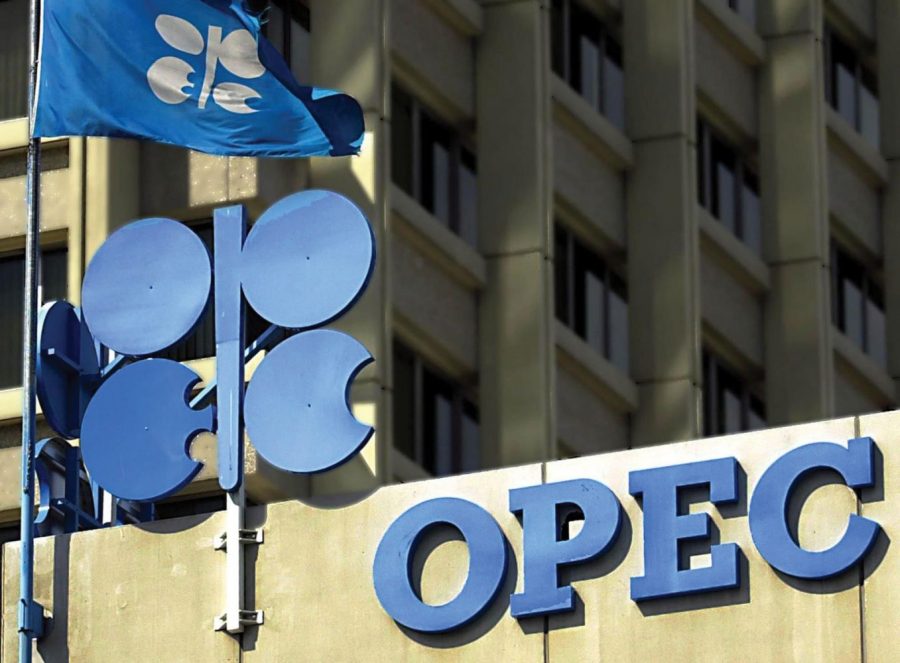The Organisation of Petroleum Exporting Countries (OPEC) says Nigeria earned about $26 billion in the first seven months of 2018 through the exportation of crude oil.
This development is largely attributed to the sporadic rise in global oil prices by the end of 2017. Since then, the prices have maintained a steady rise, including global benchmark, Brent Crude which recorded a spike as much as $74 per barrel on Wednesday, August 22nd.
According to the latest OPEC Revenue Fact Sheet published by America’s Energy Information Administration, Nigeria is the sixth-highest-earning OPEC member during the period under consideration.
This is a good development for the country, seeing as its entire earnings for the whole of 2016 and 2017 stood at $25 billion and $34 billion, respectively.
The report also stated that Nigeria is the highest-earning African country on the list, with its $27 billion. It is tailed only by the likes of Angola ($22 billion), Algeria ($16 billion) and Libya ($9 billion).
Unfortunately, the country recorded an abysmal per capita oil revenue of $135 during the 7-month period. This is the lowest out of all the 15 member states that comprise OPEC. The same applies to the whole of 2016 and 2017 when it recorded per capita oil revenues of $179 and $136; respectively.
Simply defined, per capita oil revenue has to do with a country’s oil earnings divided by the number of people comprising of the country’s population. With this in mind, it is easy to see how Nigeria’s huge oil earnings are being enjoyed by only a few, while the average Nigerian suffers in penury.
This is an unfortunate reality because it is unlike what obtains in other OPEC member states. It is important to note that some of the least-earning OPEC-member states have some of the highest per capita oil revenues. Gabon for instance, which earned $3 billion between January and July, has an impressive per capita oil revenue of $1,289.





















